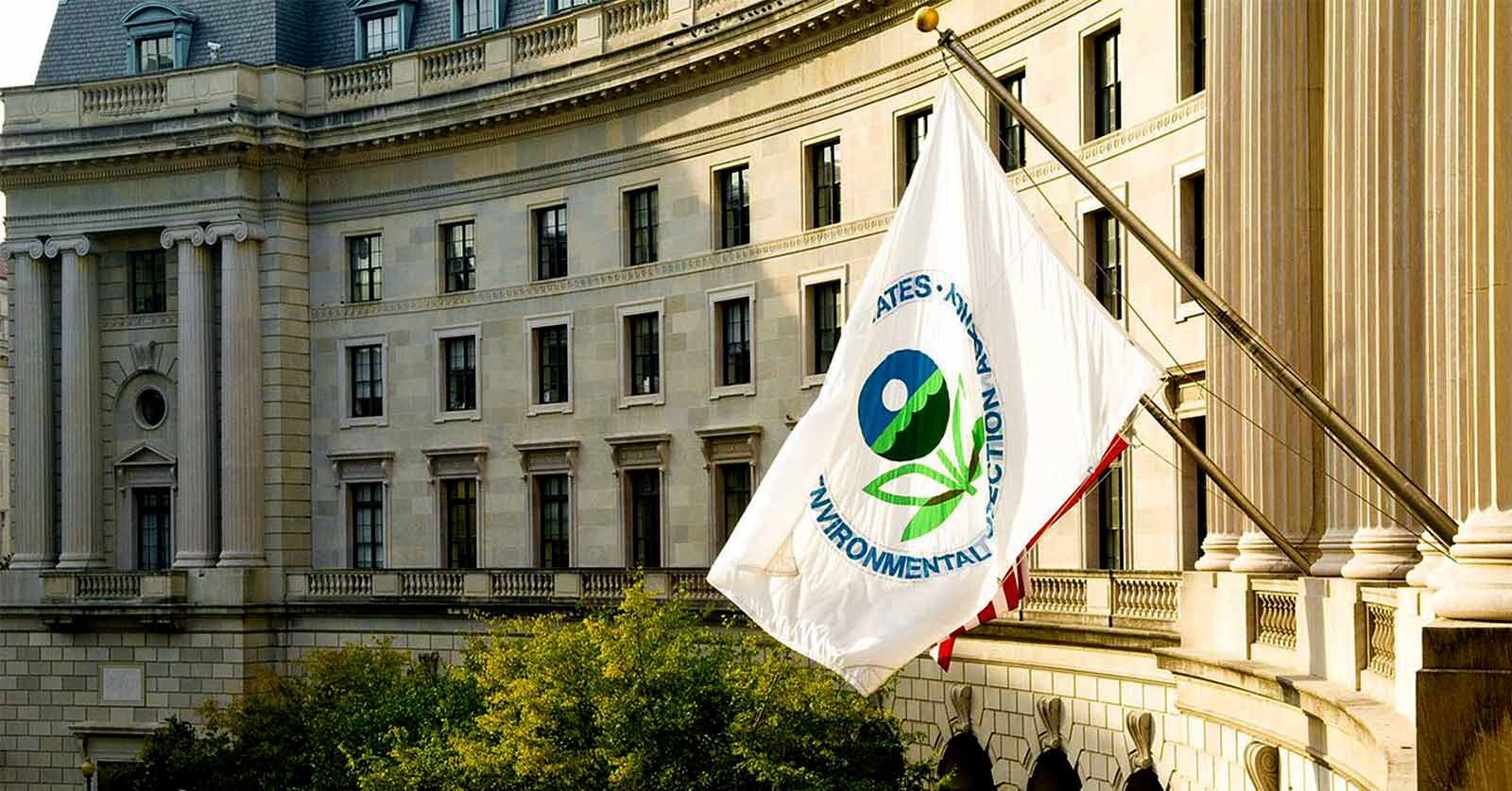Office of Management and Budget (OMB) Director Peter Orszag testified before the House Budget Committee yesterday on the Administration’s proposed Pay-As-You-Go (PAYGO) Law. The law would compliment existing toothless Congressional PAYGO “rules” with real enforceability—the threat of sequestration: meaning new mandatory programs that are not paid for with new revenue sources will result in automatic cuts to all mandatory programs; the cuts would be of a uniform percentage sufficient to offset the total unpaid-for amount. The proposal mirrors legislation that was in place during the 1990’s, when huge deficits became surpluses; but the new PAYGO has limited scope, for which lawmakers blasted Orszag.
Chairman John Spratt (D-SC) warmly introduced the law as “a common-sense rule that everyone can understand: when you’re in a hole, stop digging… PAYGO reins in new entitlement spending and new tax-cuts. Both tend to be long lasting—easy to pass, hard to repeal.”
Thereafter, the hearing was stormy. Ranking Member Paul Ryan (R-WI) noted that past PAYGO rules “have always had caps on discretionary spending,” which accounts for 40% of federal spending and is immune to the new law. Orszag said he would “be willing to consider” adding such caps to the legislation.
Orszag also defended the law’s four exemptions: continuing to apply the Sustainable Growth Rate (SGR) formula to doctor payments under Medicare, curbing expansion of the Alternative Minimum Tax (AMT), modifying the Estate Tax, and extending the 2001 and 2003 tax cuts. Under PAYGO, neither costs nor savings associated with these programs would be tallied in the PAYGO ledger; instead, they would increase or decrease the deficit. Orszag noted the total 10-year value of PAYGO-exempt programs is “north of $3 trillion,” maintaining that implementing the law without the exemptions would almost certainly trigger its waiving by lawmakers determined to pursue these policies: a “bad habit to get into.” Rep. Lloyd Doggett (D-TX) complained that the exceptions “prejudice policy in favor of the Bush tax cuts and against other necessary measures.”
Rep. Jeb Hensarling (R-TX) pointed out that increases in current entitlement spending are also exempt, taking issue with the Administration’s PAYGO mantra, ‘Congress can only spend a dollar if it saves a dollar elsewhere.’ He summoned a pie chart with a 3% slice representing the portion of the 2010 budget subject to PAYGO, alleging, “If the Administration were a private firm, it would be sued by the FTC for false advertising.” Orszag responded, “This year alone, nearly $450 billion would have been avoided had this law been in place during the last 8 years,” a statistic mostly attributable to the enactment of the 2003 prescription drug bill and, ironically, the 2001 and 2003 tax cuts.
Center on Budget and Policy Priorities (CBPP) Executive Director Robert Greenstein and Former Congressional Budget Office (CBO) Director Douglas Holtz-Eakin, Ph.D. also testified. Holtz-Eakin charged the exemptions “create an unlevel playing field,” while Greenstein argued they strengthen discipline by preventing “inevitable” contagious waivers. Both warned of the potential for “gaming” the law by enacting programs through appropriations and subsequently converting them to mandatory status. Holtz-Eakin’s top recommendation was to include caps on discretionary spending.














Get Social